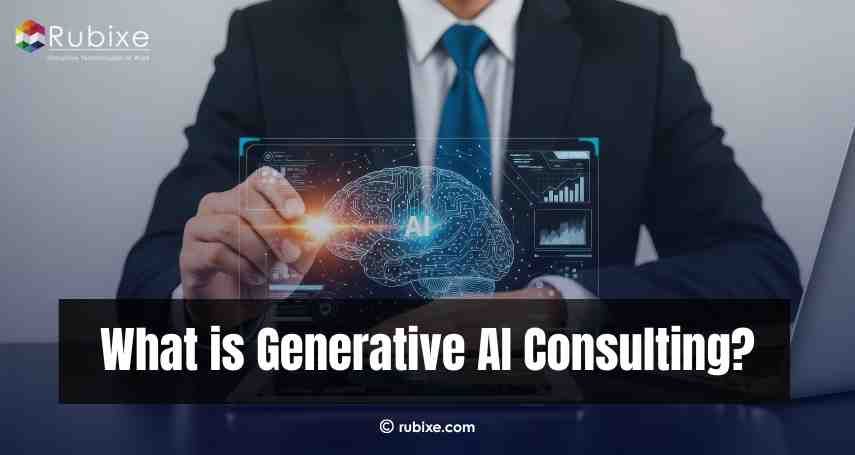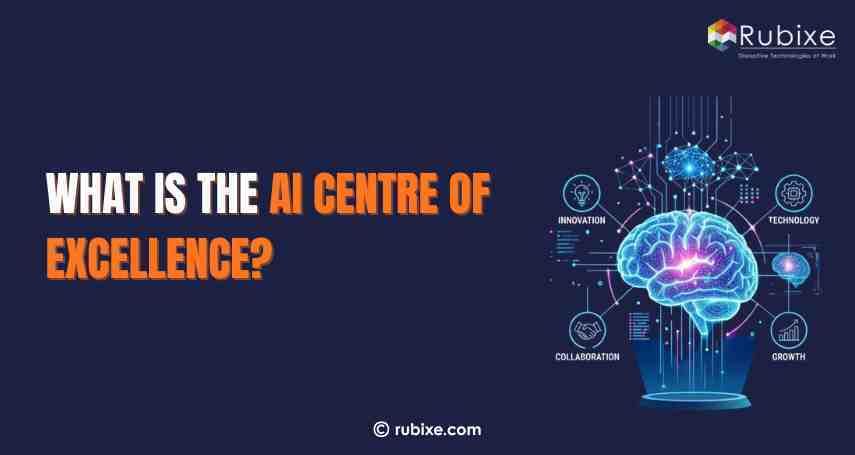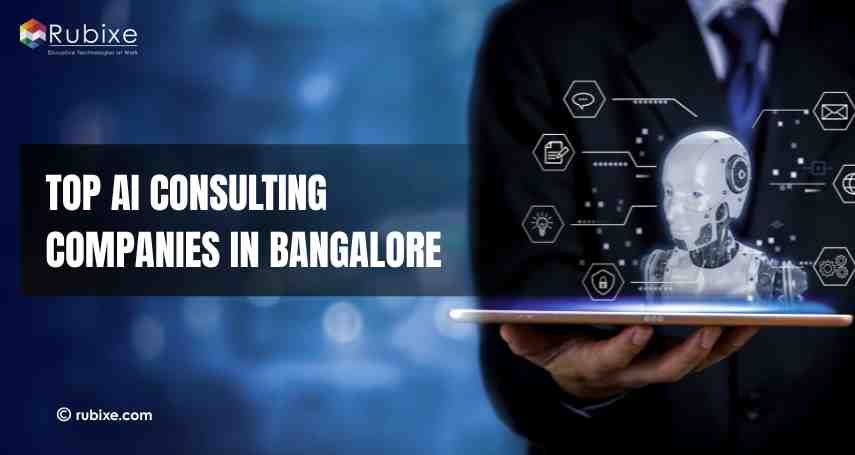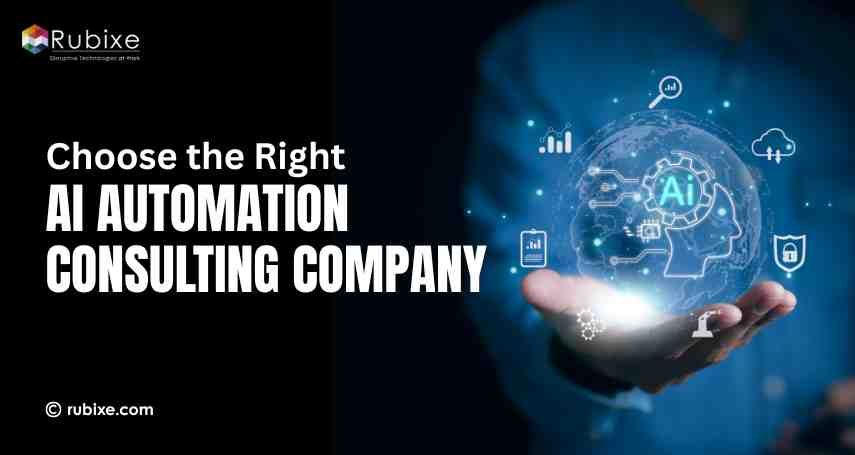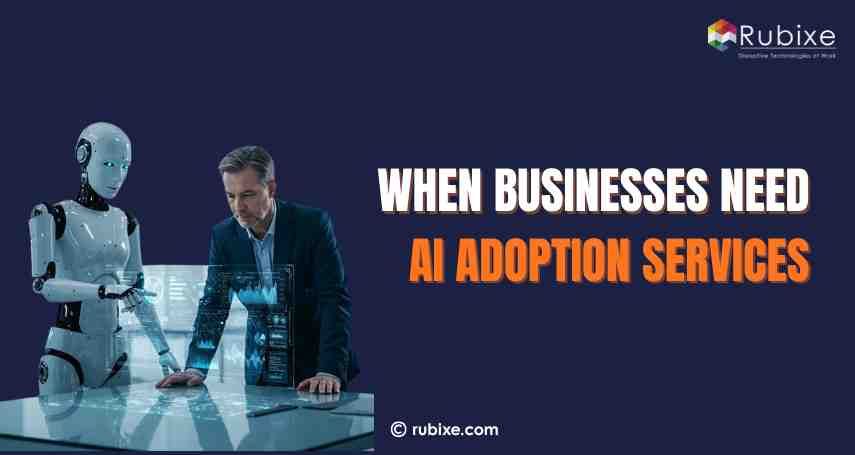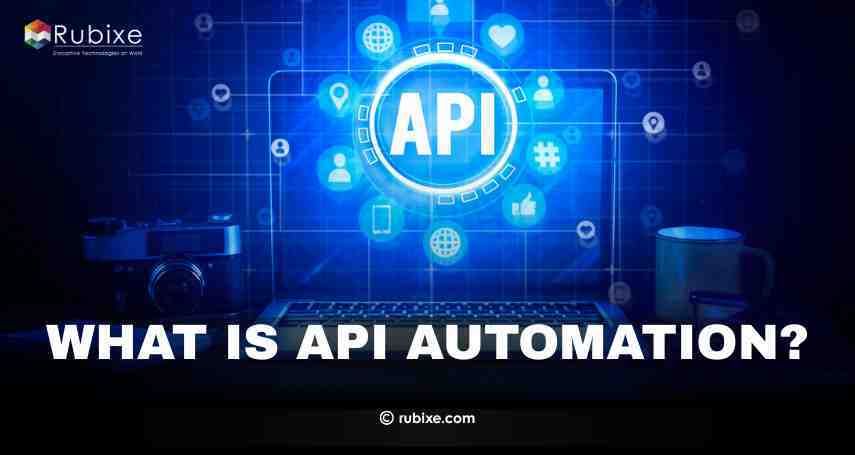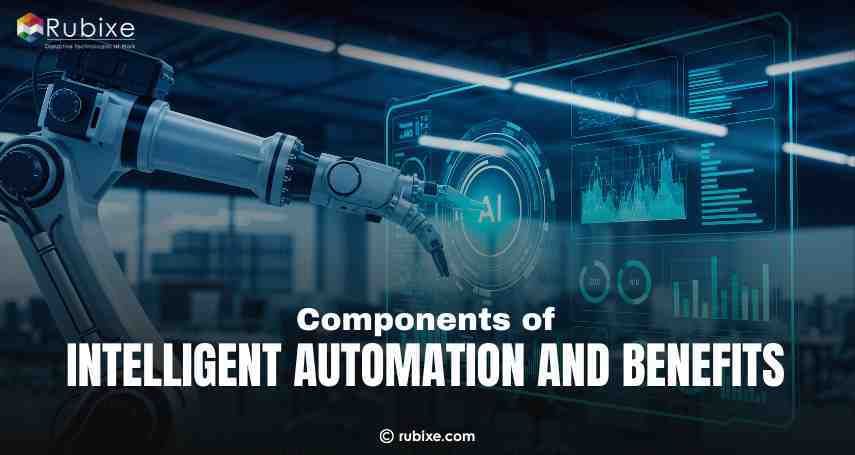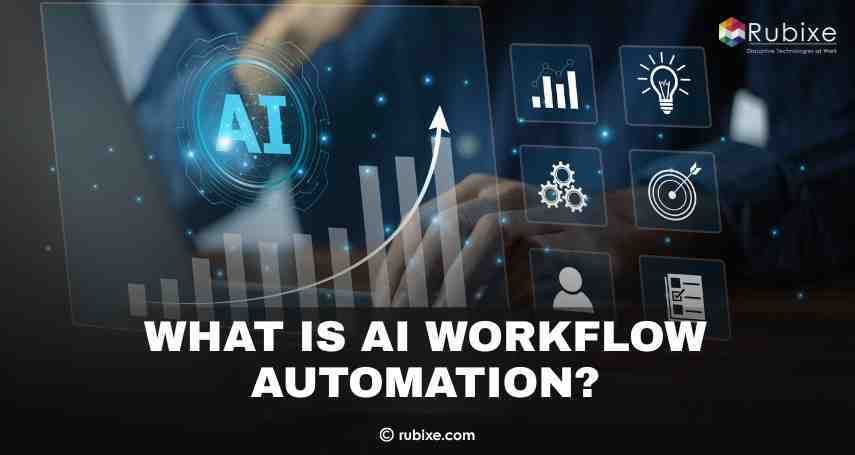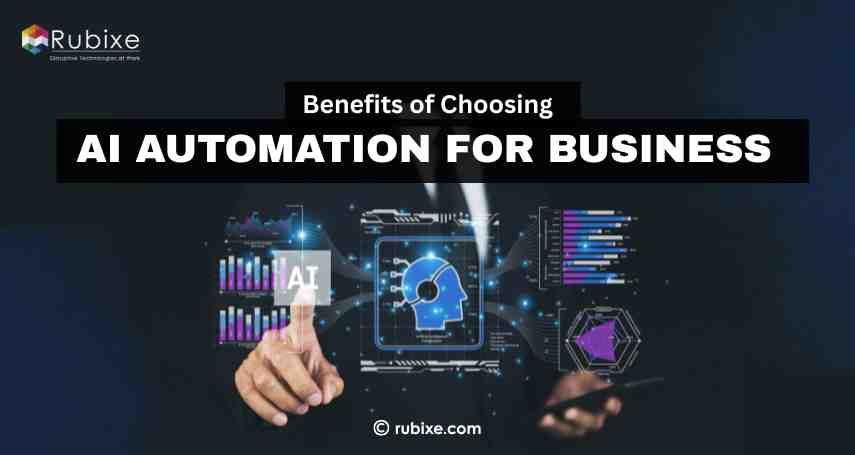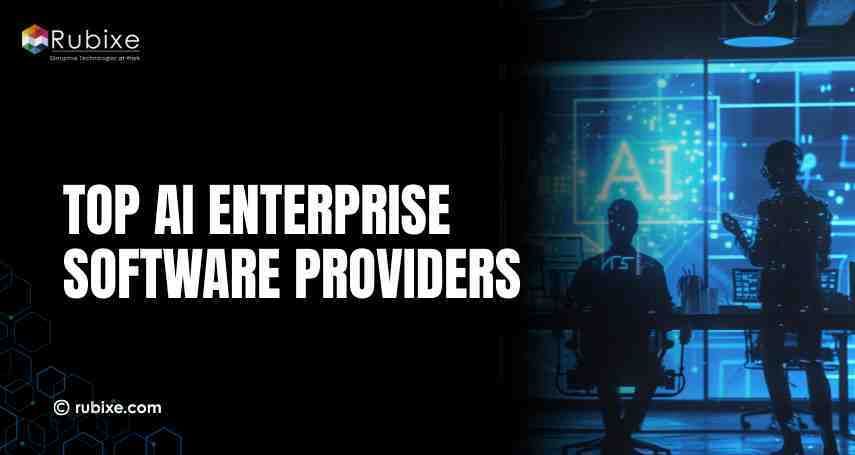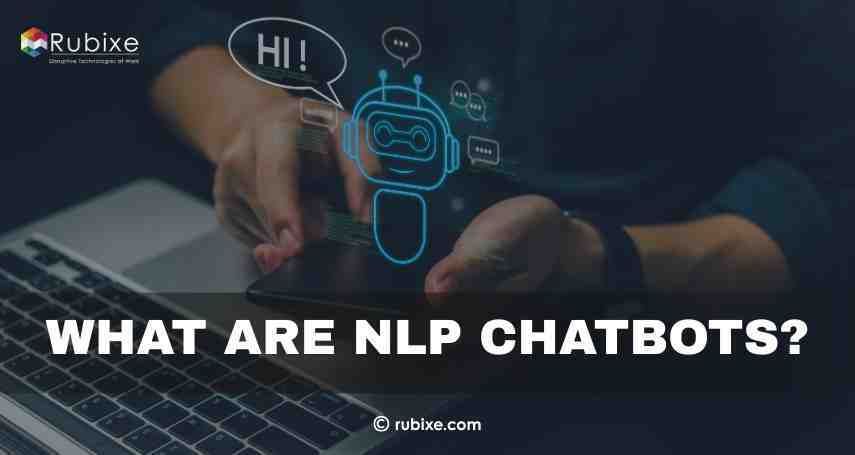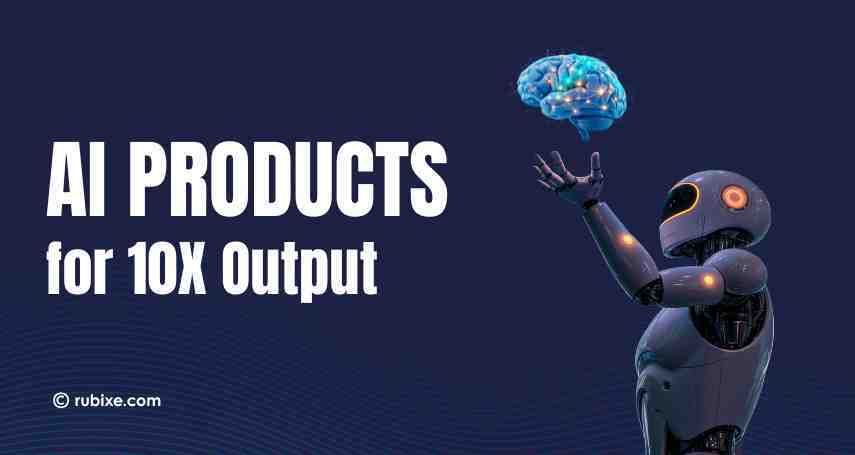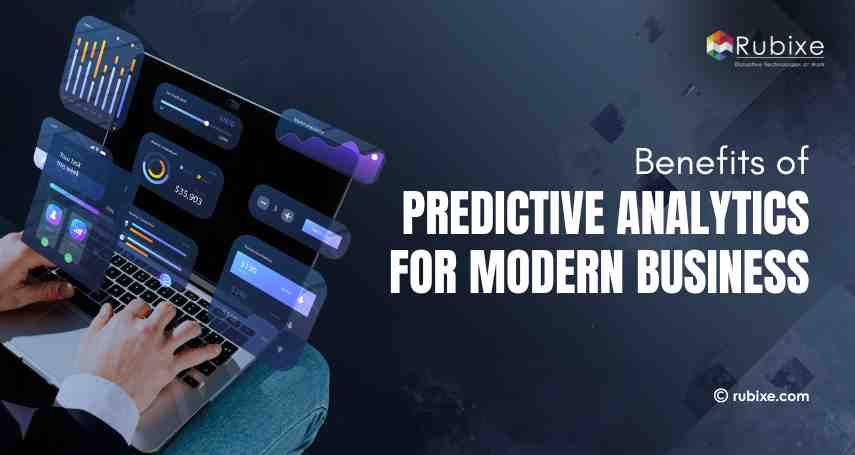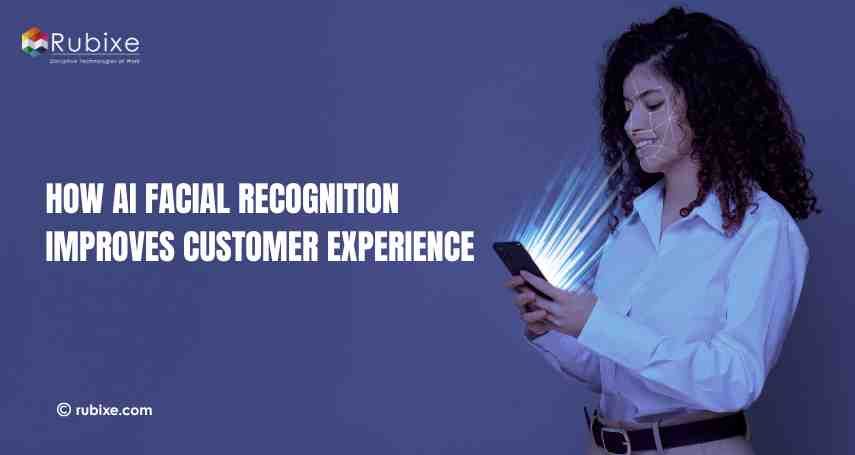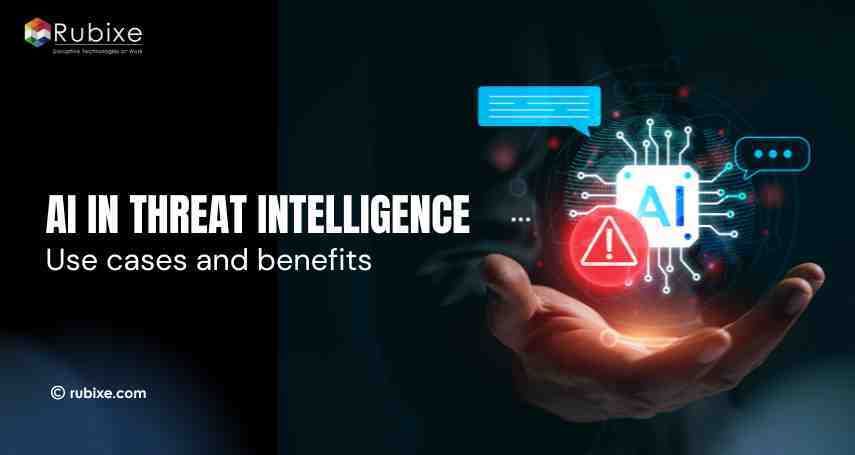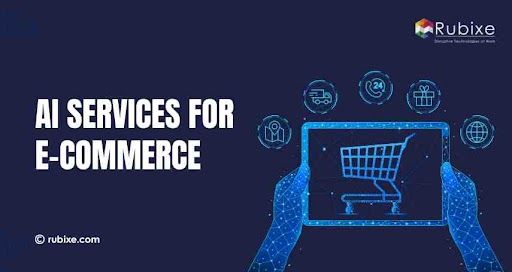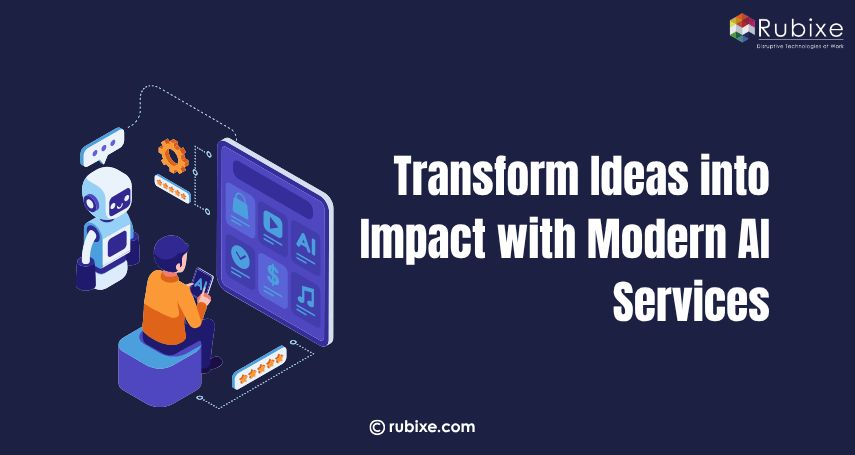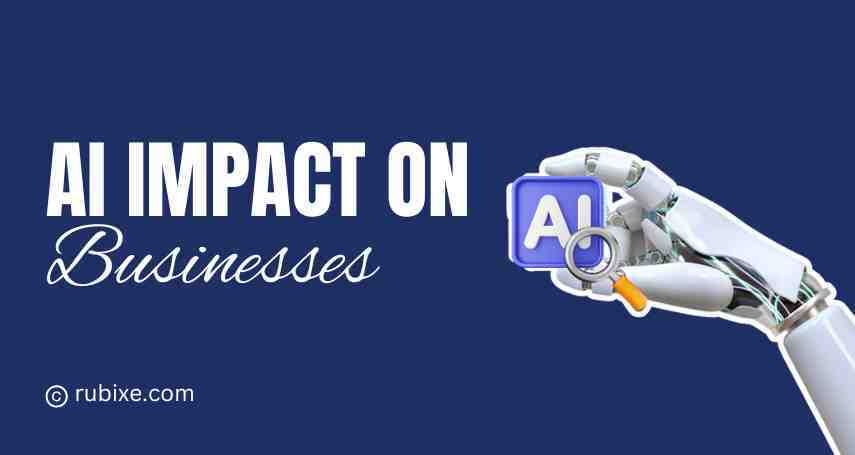What Are AI Services and How Do They Work
AI services help businesses automate tasks, analyze data, and enhance efficiency using technologies like machine learning, NLP, and computer vision.
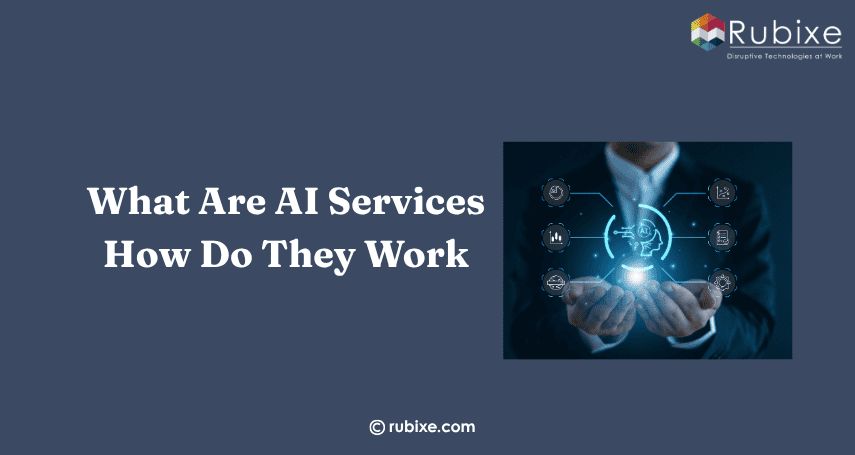
Artificial Intelligence (AI) is now a big part of how companies work, make decisions, and improve customer experiences. One common term you might come across is AI services. But what are AI services, and how do they work? This article explains what they mean, how they help, how they function, and where they are used in everyday situations clearly and easily.
AI as a Service (AIaaS)
AI as a Service (AIaaS) means using AI tools and features through the cloud. It allows businesses to use AI without needing to build their systems or have expert teams. This makes it easier, more affordable, and more flexible for companies of all sizes to take advantage of the latest AI technologies.
What are AI Services?
AI services refer to a wide range of tools, platforms, and solutions powered by artificial intelligence that help businesses and individuals automate tasks, gain insights, and make smarter decisions. These services can include:
-
Machine Learning models for predictions
-
Natural Language Processing (NLP) for understanding text and speech
-
Computer Vision for analyzing images and videos
-
Robotic Process Automation (RPA) for handling repetitive tasks
-
Chatbots and Virtual Assistants for customer service
AI services are usually delivered via cloud platforms like AWS, Microsoft Azure, and Google Cloud, making them scalable, flexible, and easy to integrate into existing systems.
How Do AI Services Work?
AI services are powered by different technologies such as machine learning, deep learning, natural language processing (NLP), and computer vision. These tools help machines understand, learn from, and respond to data in smart ways.
1. Data and Algorithms
At the core of AI services is data. AI systems use large amounts of data and process it through algorithms, which are step-by-step instructions that help the system recognize patterns, make decisions, or solve problems.
2. Machine Learning (ML)
Machine learning is a key part of AI. It allows systems to learn from data without being directly programmed. These systems are trained using either labeled (supervised) or unlabeled (unsupervised) data to make predictions or group information into categories.
3. Deep Learning
Deep learning is a more advanced type of machine learning. It uses artificial neural networks, which are designed to work like the human brain. These networks process data through multiple layers to handle more complex tasks such as image recognition or voice detection.
4. Continuous Learning and Improvement
AI services are not one-time learners. They improve over time by analyzing new data and adjusting their models. This ongoing learning helps them become more accurate in tasks like understanding language, identifying objects in images, or recommending products.
Benefits of AI Services
AI services offer a wide range of advantages for businesses. Here’s how they make a difference:
-
Increased Efficiency and Productivity: AI automates repetitive tasks, reduces human error, and streamlines workflows, allowing employees to focus on more complex, valuable work.
-
Smarter Decision-Making: AI algorithms can analyze massive amounts of data quickly and accurately, offering insights that support better, data-driven decisions.
-
Better Customer Experience: AI-powered tools like chatbots and virtual assistants provide 24/7 support and personalized responses, boosting customer satisfaction and engagement.
-
Lower Operating Costs: By automating processes and improving overall efficiency, AI helps reduce operational costs across departments.
-
Easy Scalability: With AI as a Service (AIaaS), businesses can scale their AI usage up or down based on demand, without the need for major infrastructure changes.
-
Innovation and Competitive Edge: AI accelerates innovation by helping businesses create new products, improve services, and stay ahead in a fast-moving market.
-
Personalization: AI tailors recommendations and experiences for individual users, commonly seen in e-commerce, online learning, and content platforms.
-
Improved Security: AI plays a key role in detecting and preventing cyber threats by monitoring systems and identifying unusual or harmful activity.
-
Advanced Data Analysis: AI processes and analyzes large volumes of data efficiently, spotting patterns, trends, and insights that humans might miss.
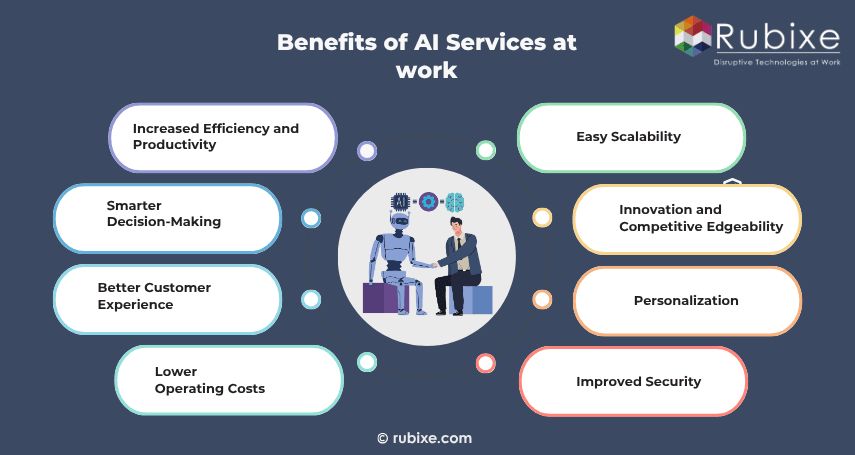
Common Types of AI Services
AI services come in many forms, each designed to help businesses solve specific problems or improve operations. Here are some of the most common types:
1. Machine Learning Services: These services help computers learn from data and make predictions or decisions without being programmed step by step. They are widely used in forecasting, fraud detection, and recommendation systems.
2. Natural Language Processing (NLP): NLP enables machines to understand, interpret, and respond to human language. It powers chatbots, voice assistants, language translation tools, and text analysis.
3. Computer Vision: This service allows machines to "see" and understand images or videos. It’s used in facial recognition, object detection, medical imaging, and quality inspection in manufacturing.
4. Speech Recognition: AI can convert spoken words into text and understand voice commands. This is commonly used in digital assistants like Siri, Alexa, and Google Assistant.
5. Chatbots and Virtual Assistants: These AI tools provide automated, real-time communication with users. They can answer questions, assist with tasks, and improve customer support across websites and apps.
6. Predictive Analytics: Using historical data, predictive analytics forecasts future outcomes or trends. It’s useful in sales, marketing, healthcare, and supply chain planning.
7. Robotic Process Automation (RPA): RPA uses AI to automate repetitive digital tasks, such as data entry or invoice processing, increasing speed and accuracy in business operations.
8. Recommendation Engines: These systems analyze user behavior to suggest relevant products, services, or content—commonly used in e-commerce, streaming platforms, and online learning.
9. AI for Cybersecurity: AI helps detect suspicious activity, prevent data breaches, and improve system security by analyzing patterns and responding to threats in real time.
10. Automation and AI Readiness Audit: This service helps businesses assess how prepared they are to adopt AI and automation. It evaluates current infrastructure, data quality, workforce skills, and leadership alignment to create a clear roadmap for successful implementation.
Who Provides AI Services?
Businesses can access AI services in two primary ways:
-
Cloud-Based AI Platforms: Technology giants like Amazon Web Services (AWS), Microsoft Azure, and Google Cloud offer ready-to-use AI tools and APIs. These platforms enable companies to build, deploy, and scale AI solutions without heavy in-house infrastructure.
-
AI Service Providers and Consulting Firms: Specialized companies that design and implement AI strategies for businesses. These firms assess organizational needs, recommend suitable AI technologies, and ensure smooth integration into existing systems.
Real-World Applications of AI Services
AI services are transforming industries across the globe. Here are some examples:
-
Healthcare: Diagnosing diseases, predicting patient outcomes, and managing records.
-
Retail: Personalizing shopping experiences, managing inventory, and optimizing pricing.
-
Finance: Detecting fraud, automating trading, and managing risks.
-
Manufacturing: Predictive maintenance, quality control, and supply chain management.
-
Education: Personalized learning, automated grading, and virtual tutoring.
What to Look for in an AI Services Company
If your business is considering implementing AI, choosing the right partner is crucial. Look for an AI services company with:
-
Proven experience in your industry
-
Strong technical expertise
-
A focus on results and ROI
-
Transparent processes and ethical AI practices
A trusted AI consulting partner can make the difference between success and failure in your AI journey.
